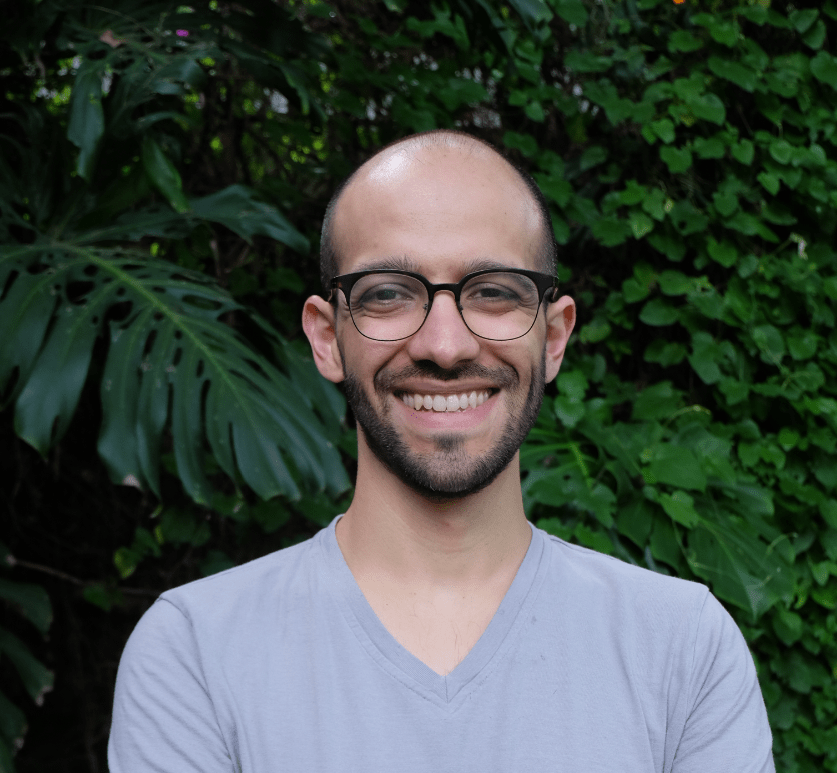Ex Bank of England governor Mark Carney set to join Cultivo board

Mark Carney, former governor of the Bank of England, is set to join the board of directors at Cultivo, the climate-focused fintech announced today.
Carney will sit on Cultivo’s board as an independent board member whilst he continues in his current job as the Vice Chair and Head of Transition Investing at Brookfield Asset Management.
“Institutions and their stakeholders are demanding high integrity and greater transparency of nature-based carbon credits to achieve their Net Zero and Nature Positive targets,” Carney said about the appointment.
“Cultivo addresses this by working with institutions to build custom portfolios of high quality natural capital fit for their needs, ensuring they have transparency from the beginning and throughout the development of nature-based projects.”
Institutions and their stakeholders are demanding high integrity and greater transparency of nature-based carbon credits to achieve their Net Zero and Nature Positive targets.
Mark Carney
Five other industry leaders will work alongside Carney to support Cultivo. The big names include: Lucy Thomas, Head of Sustainable Investing at UBS Asset Management; Brace Young, Chair of Social Finance and former CEO of the Mariner Investment Group; Mark Tercek, former CEO of The Nature Conservancy and currently a Senior Advisor at Centerview Partners; Francisco Martinez, CEO of Reaseguradora Patria S.A., a worldwide reinsurance company; and Gabriel Holschneider Osuna, CEO & Chair of the Rainmaker Group.
Speaking to CITY A.M., Cultivo CEO Dr. Manuel Piñuela said the company feels “very fortunate” to have these individuals on board.
“It’s an amazing team that supports our efforts going forward and has a deep knowledge on everything to do with the business – from how we approach new customers to how we actually accelerate, because we need to scale really big and really fast.”

High quality carbon credits and the private sector
Cultivo, headquartered in the United States with agencies in Mexico, UK and Spain, wants to accelerate investment into nature. The PBC is beginning to scale its model of building portfolios of high quality natural capital for financial institutions.
The urgency to scale comes as the 2022 Carbon Credit Crunch Report by Sylvera highlights that the supply of high quality nature-based carbon credits “is being eroded at pace”.
“The market is really demanding these sources of high quality carbon and there’s not enough,” says Piñuela.
The market is really demanding these sources of high quality carbon and there’s not enough.
Dr Manuel Piñuela
In solution to this problem, Cultivo has developed a technology which searches for tracts of degraded land around the planet and identifies the quantity of carbon and natural capital they are sitting on.
This search engine can condense the entire process – from finding the attractive land available for regeneration to deploying the capital – down from two years into two months.
Piñuela believes Cultivo’s upstream model will “unlock the supply of natural capital at scale”, setting it on a good trajectory to achieve its mission to regenerate 1 percent of the world’s lands into healthy ecosystems.
However, he stresses the need for “rigour and transparency” so as to avoid displacing communities and affecting natural capital.
Cultivo is adamant that the private sector must play a large part in climate finance because the government alone cannot plug the funding gap.
The State of Finance for Nature 2021 report revealed that an $8.1 trillion investment in nature is needed by 2050 (annually $536 billion) to mitigate climate, biodiversity, and land degradation – the ‘triple planetary crises’.
Previously the UN Environmental Programme has said “the scaling up of private capital for nature-based solutions is one of the central challenges of the next few years”.
Many financial institutions are moving towards the creation of carbon supply, says Piñuela, because “the bar that they have set for their carbon emissions is not easy to fulfil right now.”